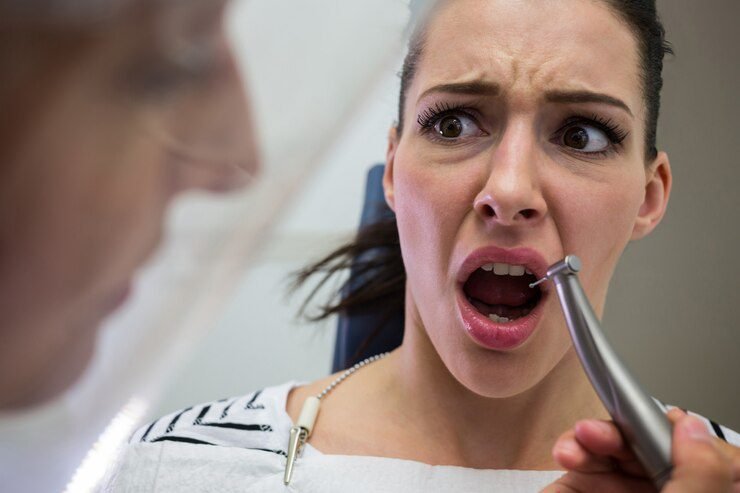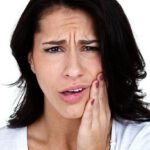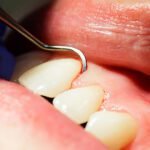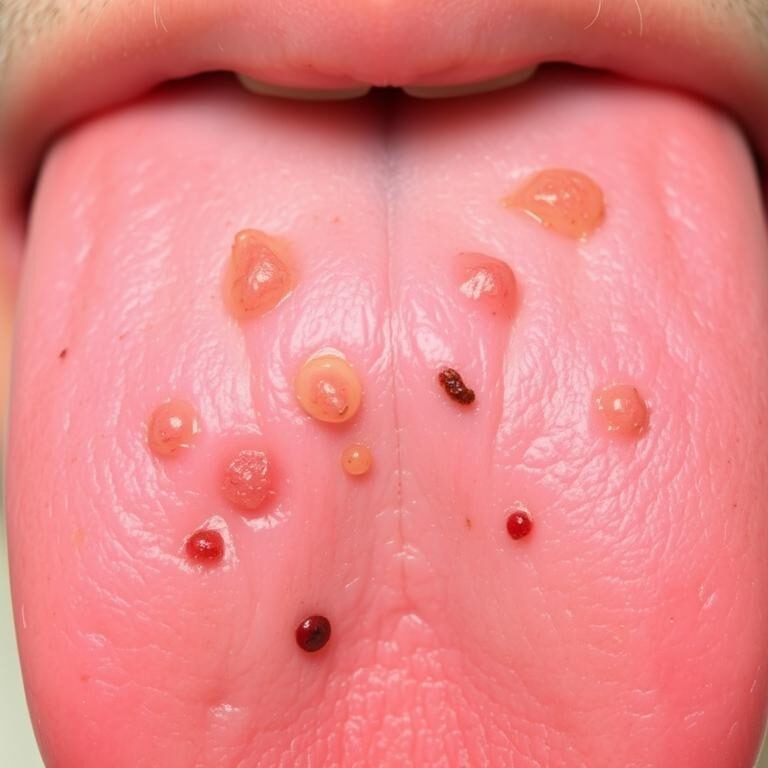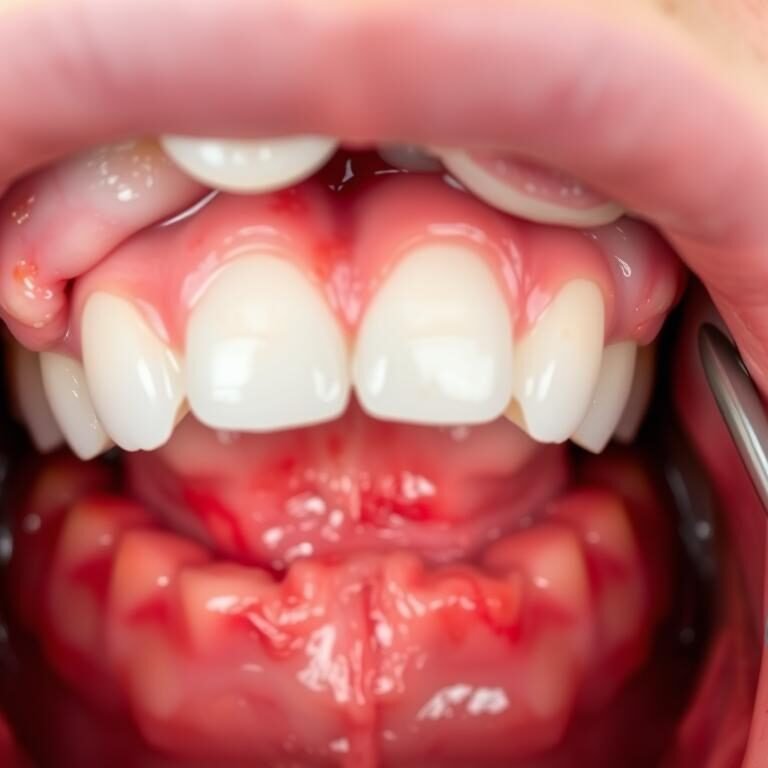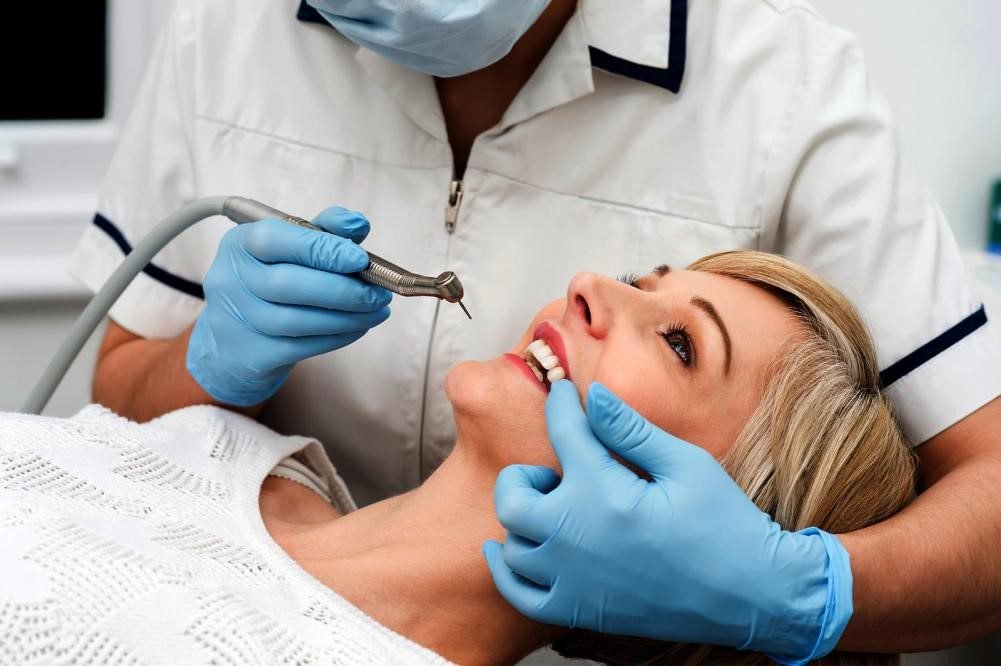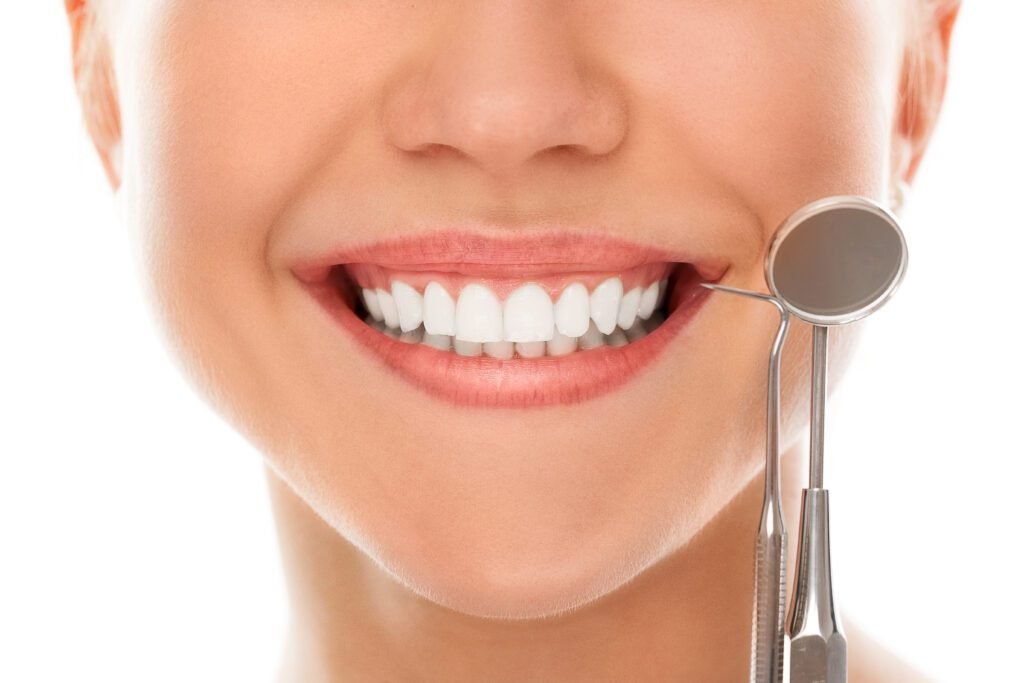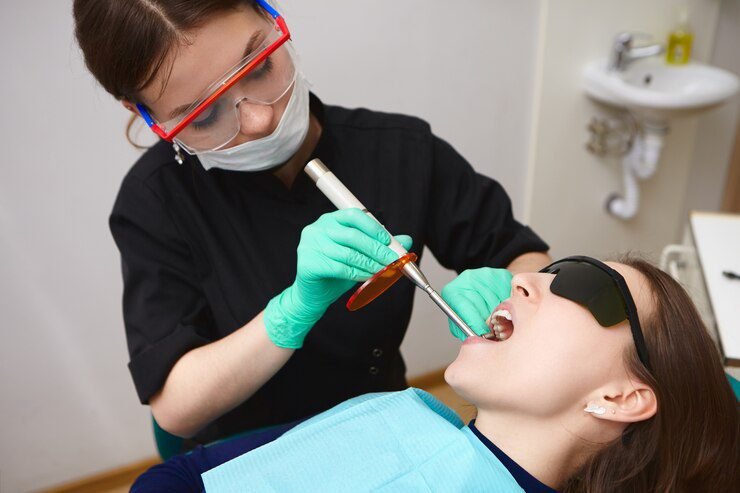Table of Contents
Understanding the Importance of Dental Injury Prevention
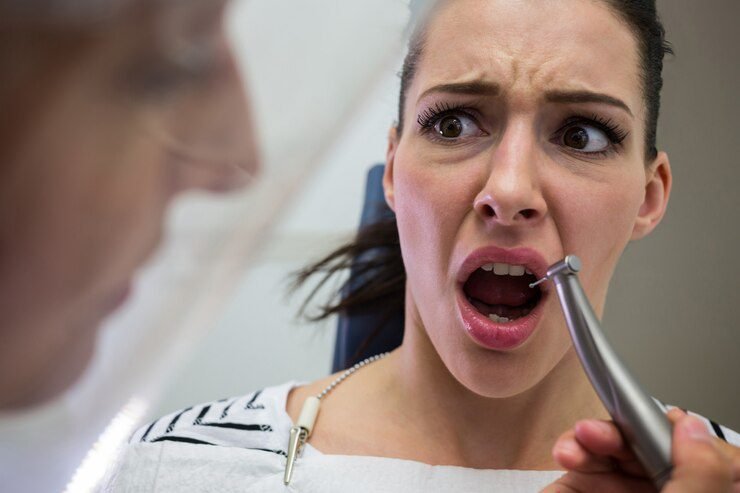
The prevention of dental injuries is a topic of utmost importance in maintaining good oral health. Dental injuries can occur as a result of various factors, including accidents, sports activities, and even certain habits. These injuries can range from mild to severe, often resulting in pain, discomfort, and long-term complications. Therefore, it is crucial to understand the importance of dental injury prevention and take proactive measures to protect our teeth.
By prioritizing dental injury prevention, we can significantly reduce the risk of experiencing oral trauma. This includes adopting practices such as wearing mouthguards during sports activities, avoiding harmful habits like chewing on hard objects, and maintaining proper oral hygiene. Additionally, creating a safe environment at home, particularly for children, can help minimize the chances of dental accidents. Overall, investing time and effort in dental injury prevention not only safeguards our oral health but also saves us from potential physical and financial burdens down the line.
Common Causes of Dental Injuries
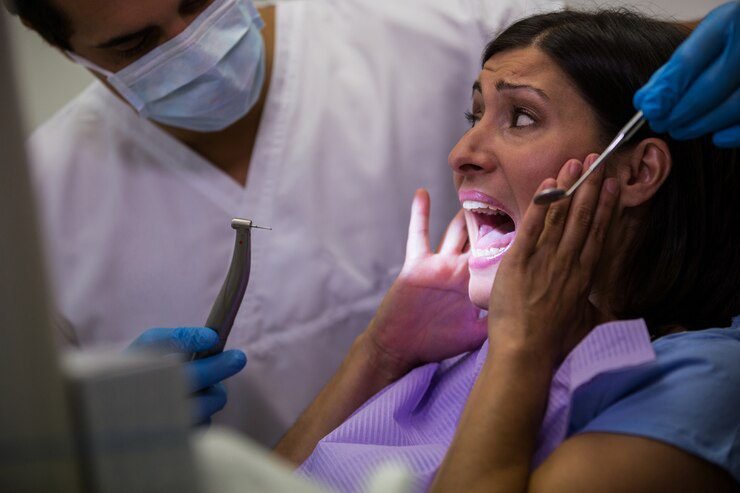
Dental injuries can occur due to various factors and situations. One common cause of dental injuries is sports-related activities. Athletes engaged in contact sports such as football, basketball, and martial arts are at risk of experiencing dental trauma. The impact of a high-speed collision or a hard blow to the face can result in chipped, cracked, or even knocked-out teeth. It is crucial for athletes to wear appropriate protective gear, such as mouthguards, to minimize the risk of dental injuries.
Another common cause of dental injuries is accidents and falls. Whether it’s tripping on a sidewalk or getting involved in a car crash, accidents can lead to facial trauma and damage to the teeth. The force of a fall can cause teeth to shift, break, or become dislodged. In some cases, the impact can also result in jaw fractures or damage to the soft tissues in the mouth. Taking precautions to prevent accidents, such as using handrails, wearing seatbelts, or using proper protective equipment, can help reduce the likelihood of dental injuries.
Recognizing the Signs and Symptoms of Dental Trauma

Dental trauma can be a sudden and unexpected occurrence, often resulting from accidents or injuries. Recognizing the signs and symptoms of dental trauma is crucial in order to ensure prompt and appropriate treatment. One of the common signs is pain or discomfort in the affected tooth or teeth. This pain can range from mild to severe, and may be aggravated by biting or chewing. Additionally, visible damage to the tooth such as chips, fractures, or displacement can be indicative of dental trauma. It is important to note that not all cases of dental trauma are immediately apparent, and some injuries may only manifest over time.
Another key sign of dental trauma is bleeding or swelling in the oral cavity. If you notice any bleeding from the gums, lips, or tongue, it is important to seek dental attention as soon as possible. Swelling in the affected area, along with tenderness and bruising, may also indicate dental trauma. These symptoms should not be ignored, as they can be linked to more serious underlying issues that require professional intervention.
In conclusion, recognizing the signs and symptoms of dental trauma is vital for early detection and prompt treatment. If you experience any of the aforementioned indicators, it is crucial to consult with a dental professional who can provide you with the necessary care and guidance. Stay tuned for the next section, where we will discuss the appropriate steps to take immediately after a dental injury.
Steps to Take Immediately After a Dental Injury
Immediately after a dental injury occurs, it is crucial to take the following steps to ensure the best possible outcome for your oral health. First and foremost, remain calm and assess the situation. If there is severe bleeding or a visible fracture, it is essential to seek professional dental care immediately. In the meantime, gently rinse your mouth with warm water to clean the area and alleviate any discomfort. If a tooth has been knocked out completely, handle it carefully by the crown (top) and avoid touching the roots. Try to reinsert the tooth back into its socket, holding it in place by gently biting down on a clean cloth or towel. If this is not possible, place the tooth in a glass of milk or a tooth preservation solution while en route to the dentist. Time is of the essence in saving a knocked-out tooth, so prompt action is vital for successful reattachment. Remember to bring the tooth with you to the dental appointment.
Once you have taken immediate measures to stabilize the situation, call your dentist right away to inform them about the dental injury. Describe the incident in detail and seek their advice on the next steps. They will provide guidance on whether you should come in for emergency treatment or wait until their next available appointment. Dental injuries can vary in severity, so it is crucial to get professional guidance to ensure the best possible outcome. In some cases, the dentist may recommend over-the-counter pain medication, such as acetaminophen or ibuprofen, to help manage any discomfort while you wait for your appointment. Remember to avoid aspirin, as it can increase bleeding. By promptly reaching out to your dentist, you can receive the necessary care and support during this stressful time.
The table below outlines the essential steps to take immediately following a dental injury, emphasizing prompt action to minimize pain, prevent further damage, and ensure optimal recovery.
| Aspect | Steps to Take After a Dental Injury |
|---|---|
| Assess the Injury | Evaluate the extent of the injury, including damage to teeth, gums, and surrounding tissues, to determine the severity and required course of action. |
| Rinse the Mouth | Rinse the mouth gently with warm water to remove debris and cleanse the affected area. Avoid using mouthwash or applying pressure to injured tissues to prevent aggravating the injury. |
| Control Bleeding | Apply gentle pressure with clean gauze or a damp cloth to control bleeding from the injured area. If bleeding persists or is severe, seek immediate medical attention. |
| Reduce Swelling | Apply a cold compress or ice pack to the outside of the mouth or cheek near the injured area to reduce swelling and alleviate pain. Use caution to avoid direct contact with the skin. |
| Manage Pain | Take over-the-counter pain relievers such as ibuprofen or acetaminophen to alleviate pain and discomfort associated with the dental injury. Follow dosage instructions carefully. |
| Save Dislodged Tooth | If a tooth has been knocked out, handle it carefully by the crown (top part), not the root. Rinse the tooth gently with water and place it back in its socket if possible. |
| Seek Dental Care | Contact a dentist or emergency dental clinic as soon as possible for further evaluation and treatment of the dental injury. Provide details of the injury for prompt and appropriate care. |
| Preserve Dental Fragments | If a tooth or dental fragment is broken or dislodged, save it in a container of milk or saline solution to keep it moist and viable for possible reattachment. Avoid touching the root or removing any attached tissue. |
| Follow Dentist’s Advice | Follow any instructions provided by the dentist for managing the dental injury, including follow-up appointments, medication prescriptions, and recommendations for oral hygiene and diet modifications. |
| Document the Incident | Document the details of the dental injury, including the date, time, cause, and any symptoms experienced, for reference and insurance purposes. Take photographs if possible to document the extent of the injury. |
Seeking Prompt Dental Care for Injuries
Seeking prompt dental care for injuries is crucial in ensuring the best possible outcome and preventing further complications. Dental injuries can occur due to various reasons, such as accidents, sports-related incidents, or even biting down on hard objects. Regardless of the cause, it is vital to seek professional dental care as soon as possible to assess the extent of the injury and provide appropriate treatment.
When a dental injury occurs, time is of the essence. Delaying treatment can potentially worsen the condition and increase the risk of infection or further damage to the affected tooth or surrounding tissues. Seeking prompt dental care allows for a thorough examination to determine the extent of the injury, including any fractures, dislocations, or soft tissue damage. It also enables the dentist to recommend the most suitable course of action, whether it be restorative procedures, like dental bonding or veneers, or more extensive treatments, such as root canals or extractions.
Remember, even seemingly minor injuries, like chipped or loose teeth, should not be brushed aside. They have the potential to develop into more significant issues if left untreated. By seeking prompt dental care, you can receive timely intervention and minimize the long-term consequences of a dental injury. Your dentist will provide guidance on how to care for your injury at home and schedule regular follow-up appointments to monitor your progress and ensure proper healing.
The Role of Mouthguards in Dental Injury Prevention
Mouthguards play a crucial role in preventing dental injuries, particularly in high-risk activities such as sports and physical activities. By providing a protective barrier between the teeth, gums, and soft tissues of the mouth, mouthguards help to absorb and distribute the forces of impact, reducing the risk of trauma to the teeth and surrounding structures.
Research has shown that mouthguards can significantly reduce the risk of dental injuries. In fact, studies have reported that athletes who do not wear a mouthguard are 60 times more likely to experience a dental injury than those who do. This highlights the importance of incorporating mouthguard use as part of a comprehensive dental injury prevention strategy. Whether you’re a professional athlete or an occasional sports enthusiast, wearing a properly fitted mouthguard can help safeguard your dental health and prevent potentially costly and painful dental injuries.
Protecting Your Teeth During Sports and Physical Activities
Participating in sports and physical activities can be invigorating and beneficial for overall health and well-being. However, it is crucial to prioritize the protection of our teeth during these high-impact endeavors. Dental injuries are a common occurrence in sports, often resulting in pain, discomfort, and expensive dental treatments. To prevent such injuries, it is essential to take proactive measures.
One of the most effective ways to protect your teeth during sports is by wearing a properly fitted mouthguard. A mouthguard acts as a cushion, absorbing the impact and reducing the risk of dental trauma. According to a study published in the Journal of the American Dental Association, athletes who wear mouthguards are 60 times less likely to experience dental injuries compared to those who do not use any protective gear. Whether you engage in contact sports like football and hockey or non-contact sports like gymnastics and basketball, wearing a mouthguard should be an integral part of your sports routine. Invest in a high-quality mouthguard that provides both comfort and protection, and remember to replace it if it becomes worn out or damaged.
In addition to wearing a mouthguard, it is vital to maintain good oral hygiene habits before and after engaging in sports or physical activities. This includes brushing your teeth twice a day with fluoride toothpaste and flossing regularly. By doing so, you can minimize the risk of dental decay and gum disease, which may weaken your teeth and make them more susceptible to injuries. Furthermore, ensure that you consume a balanced diet that is rich in essential nutrients, as proper nutrition contributes to strong teeth and gums. Lastly, be mindful of any bad habits such as biting your nails or using your teeth to open bottles, as these actions can increase the likelihood of dental injuries. By adopting these preventive measures, you can safeguard your teeth and ensure a healthy, confident smile even during intense physical activities.
Preventing Dental Injuries in Children and Teens
When it comes to dental injuries, children and teenagers are particularly susceptible. They tend to lead active lifestyles, participating in sports, physical activities, and adventures that can put their teeth at risk. Therefore, it is crucial for parents and caregivers to be proactive in preventing dental injuries in this age group.
One of the most effective ways to prevent dental injuries in children and teens is by ensuring they wear proper protective gear. Mouthguards are essential for any activity that poses a risk of falls, collisions, or impact to the face. Whether it’s playing contact sports like football or hockey, or participating in recreational activities like skateboarding or biking, a well-fitted mouthguard can significantly reduce the risk of dental injuries. Encourage your child to consistently wear a mouthguard during these activities, and make sure it is replaced if it becomes worn or damaged.
It is also important to educate children and teens about the importance of good oral hygiene practices in preventing dental injuries. Emphasize the significance of regular brushing and flossing to maintain strong and healthy teeth. Make sure they understand the risks associated with biting or chewing on hard objects, such as pens, ice, or hard candies, which can lead to tooth fractures or chips. By instilling good oral hygiene habits and promoting awareness of risky behaviors, parents can play a crucial role in preventing dental injuries in children and teens.
Dental Injury Prevention for Adults and Seniors
As adults age, maintaining good oral health becomes increasingly important. Dental injury prevention for adults and seniors is essential to ensure the longevity and well-being of their teeth. One key aspect of prevention is understanding the common causes of dental injuries in this age group.
For adults and seniors, dental injuries often occur due to falls and accidents. The natural aging process can lead to decreased balance and coordination, making individuals more susceptible to accidents. Additionally, certain medical conditions like osteoporosis can weaken bones, including those in the jaw, increasing the risk of dental trauma. It is crucial for adults and seniors to take extra precautions to minimize the chances of dental injuries occurring.
Creating a Safe Environment at Home to Prevent Dental Accidents
Creating a safe environment at home is crucial in preventing dental accidents and ensuring the overall oral health of your family. There are several key steps you can take to minimize the risk of dental injuries within the comfort of your own home.
Firstly, it is important to childproof your home to eliminate potential hazards that can result in dental accidents. This includes securing cabinets and drawers that contain sharp objects or hazardous substances, such as cleaning agents or medications. Additionally, installing safety gates on staircases can prevent falls and subsequent dental injuries.
Secondly, practicing good oral hygiene habits at home can contribute to preventing dental accidents. Encourage regular brushing and flossing to maintain clean, strong teeth and gums. By establishing a routine and making oral hygiene a priority, you can help prevent dental issues that may lead to accidents, such as tooth decay or gum disease.
By creating a safe environment at home and promoting good oral hygiene practices, you can significantly reduce the risk of dental accidents and ensure the optimal dental health of your loved ones. Stay tuned for more useful tips on dental injury prevention in the following sections of this article.
How to Choose the Right Toothbrush and Toothpaste for Injury Prevention
When it comes to dental injury prevention, choosing the right toothbrush and toothpaste can play a significant role in maintaining oral health and reducing the risk of accidents. The first step in selecting the right toothbrush is considering the bristle type. Dentists generally recommend using a toothbrush with soft bristles to prevent gum irritation and enamel wear. Soft bristles effectively remove plaque and debris without causing damage to the teeth or gums.
In addition to the bristle type, it is important to choose a toothbrush with an appropriate size and shape. A toothbrush that feels comfortable in your hand and can easily reach all areas of the mouth will enhance your brushing technique and ensure thorough cleaning. Furthermore, considering the handle grip and design can also make a difference in preventing slip-ups during brushing. By selecting a toothbrush that suits your individual needs, you can optimize your oral hygiene routine and minimize the risk of dental injuries.
When it comes to toothpaste selection for injury prevention, fluoride should be a key consideration. Fluoride is a mineral that strengthens tooth enamel and protects against tooth decay. Choosing a toothpaste that contains fluoride can contribute to the overall health of your teeth and reduce the risk of cavities. It is worth noting that the American Dental Association (ADA) recommends using toothpaste with fluoride for both children and adults. Additionally, consulting with your dentist can provide personalized guidance on selecting the right toothpaste that matches your specific oral health needs.
The Impact of Oral Hygiene on Dental Injury Prevention
Maintaining good oral hygiene is crucial for preventing dental injuries. When your teeth and gums are healthy, they are more resilient and less susceptible to trauma. The recommended oral hygiene practices, such as brushing twice a day with a fluoride toothpaste and flossing daily, help to remove plaque and bacteria that can weaken the teeth and gums. By eliminating harmful substances, you create a strong foundation for your oral health, reducing the risk of dental injuries.
Brushing and flossing also play a vital role in preventing gum disease, which can cause the gums to recede and expose the roots of the teeth. Exposed tooth roots are more prone to trauma and damage. Additionally, gum disease can weaken the supporting structures of the teeth, making them more susceptible to fractures and other injuries. By maintaining good oral hygiene, you can protect your teeth and gums from these potential problems and minimize the risk of dental injuries.
Furthermore, regular visits to the dentist for professional cleanings and check-ups are essential for maintaining optimal oral hygiene. Dentists have the expertise to identify early signs of dental problems and provide appropriate treatments to prevent them from worsening. They can also offer personalized advice on proper brushing and flossing techniques, as well as recommend additional preventive measures, such as mouthguards for those involved in sports. By following their guidance and incorporating their recommendations into your oral hygiene routine, you can significantly reduce the chances of dental injuries and enjoy a healthier smile.
The Importance of Regular Dental Check-ups in Preventing Injuries
Regular dental check-ups play a crucial role in preventing injuries and maintaining good oral health. During these appointments, dentists are able to thoroughly examine your teeth, gums, and overall oral cavity, allowing them to detect any potential issues or abnormalities before they become serious problems. By identifying and addressing dental problems early on, regular check-ups can help prevent dental injuries from occurring in the first place.
In addition to identifying potential issues, regular dental check-ups also provide an opportunity for dentists to educate patients on proper oral hygiene practices and injury prevention strategies. Dentists can provide personalized advice and guidance on topics such as brushing and flossing techniques, the use of mouthguards during sports activities, and how to avoid common habits that can lead to dental injuries. By arming patients with this knowledge, regular check-ups empower individuals to take proactive steps in protecting their teeth and reducing the risk of dental injuries.
By prioritizing regular dental check-ups, individuals can take a proactive approach to their oral health and significantly reduce the likelihood of dental injuries. When combined with consistent oral hygiene practices and a healthy lifestyle, regular check-ups can help ensure that your smile remains strong and beautiful for years to come. Schedule your next dental appointment today and invest in the long-term well-being of your teeth and gums.
Understanding the Role of Diet and Nutrition in Dental Injury Prevention
Diet and nutrition play a crucial role in maintaining overall health, and dental injury prevention is no exception. What you eat can directly impact the strength and health of your teeth, gums, and jawbone. By making smart choices and incorporating key nutrients into your diet, you can help protect your teeth from injury and maintain optimal oral health.
A well-balanced diet that includes a variety of nutrient-rich foods is essential for dental injury prevention. Foods that are rich in calcium, such as dairy products, leafy greens, and almonds, can help strengthen your teeth and bones. Vitamin D, which helps your body absorb calcium, can be found in fatty fish, eggs, and fortified milk. Additionally, foods high in vitamin C, like citrus fruits and bell peppers, can promote healthy gum tissue and reduce the risk of gum disease. By incorporating these foods into your daily meals, you can provide your teeth and gums with the necessary nutrients to stay strong and resilient.
Breaking Bad Habits: Avoiding Activities That Can Lead to Dental Injuries
Avoiding activities that can lead to dental injuries is crucial for maintaining optimal oral health. One common bad habit to steer clear of is using your teeth as tools. Many people have the tendency to use their teeth to open bottles, tear open packaging, or even hold objects when their hands are occupied. This can put undue pressure on the teeth and increase the risk of chipping, cracking, or even fracturing a tooth. It is important to remember that your teeth are meant for biting and chewing food, not as a substitute for tools.
Another habit to break is chewing on hard objects such as ice, pens, or pencils. While it may seem harmless, the constant pressure exerted on the teeth can lead to enamel damage and even tooth fractures. Additionally, biting your nails or chewing on non-food items can also cause misalignment of the jaw and create unnecessary stress on the teeth and supporting structures. It is important to find alternative ways to keep your hands and mouth busy, such as using stress balls or fidget toys, to avoid these detrimental habits. By breaking these bad habits, you can significantly reduce the risk of dental injuries and maintain a healthy smile for years to come.
Empowering Yourself with First Aid Knowledge for Dental Emergencies
In the event of a dental emergency, having knowledge of first aid techniques can empower you to take immediate action and potentially minimize the extent of the injury. By understanding how to respond effectively, you can provide immediate relief to the affected individual and seek appropriate professional care. One of the most common dental emergencies is a tooth avulsion, or a knocked-out tooth. In such situations, it is crucial to act quickly as the chances of successfully re-implanting the tooth decrease with every passing minute.
The first step in treating a knocked-out tooth is to locate the tooth and handle it carefully by the crown, avoiding touching the root. Gently rinse the tooth with clean water without scrubbing or using any chemicals. If possible, try to reinsert the tooth back into the socket, ensuring it is facing the correct way. If reinsertion is not possible, place the tooth in a suitable storage medium, such as milk or a tooth preservation kit recommended by dental professionals. It is important to remember that time is of the essence in this situation, so seeking immediate dental care is vital for the best chance of successfully reattaching the tooth.
What should I do if a tooth gets knocked out?
If a tooth gets knocked out, it is important to act quickly. Hold the tooth by the crown (the top part) and rinse it gently with water if it is dirty. Try to place the tooth back into its socket if possible. If not, keep the tooth moist by placing it in a container of milk or saliva. Seek immediate dental care for the best chance of saving the tooth.
Can I prevent dental injuries by wearing a mouthguard?
Yes, wearing a mouthguard can significantly reduce the risk of dental injuries. Mouthguards provide a cushioning effect and protect the teeth, lips, cheeks, and tongue during sports or physical activities. It is important to choose a mouthguard that fits well and is appropriate for the specific activity.
How can I create a safe environment at home to prevent dental accidents?
To create a safe environment at home, ensure that potential hazards are minimized. Keep floors free from clutter to prevent tripping, use safety gates to block off staircases for young children, and secure furniture and heavy objects to prevent them from falling. Additionally, store cleaning products and other potentially harmful substances out of reach of children.
What toothbrush and toothpaste should I choose for injury prevention?
When choosing a toothbrush, opt for one with soft bristles to avoid gum irritation or tooth enamel damage. Look for the American Dental Association (ADA) Seal of Acceptance on the toothbrush packaging, as it indicates the toothbrush has met certain safety and effectiveness standards. As for toothpaste, select one that contains fluoride to help strengthen tooth enamel and prevent cavities.
How does oral hygiene impact dental injury prevention?
Maintaining good oral hygiene is essential for dental injury prevention. Regular brushing and flossing can help remove plaque, which can contribute to tooth decay and gum disease. By keeping the teeth and gums healthy and strong, the risk of dental injuries can be reduced.
Are regular dental check-ups important for preventing dental injuries?
Yes, regular dental check-ups are crucial for preventing dental injuries. Dentists can identify any underlying dental issues, such as weakened teeth or gum disease, that may increase the risk of injuries. They can also provide professional cleanings and offer guidance on proper oral care practices for injury prevention.
How does diet and nutrition play a role in dental injury prevention?
Diet and nutrition play a significant role in dental injury prevention. Consuming a balanced diet rich in essential nutrients, such as calcium and vitamin D, can help strengthen teeth and bones. Avoiding excessive sugar and acidic foods and beverages can also help reduce the risk of tooth decay and enamel erosion, which can make the teeth more susceptible to injuries.
What bad habits should I avoid to prevent dental injuries?
To prevent dental injuries, it is important to avoid certain bad habits. These include biting or chewing on hard objects like ice, pens, or fingernails, using the teeth as tools to open packages, or participating in activities with a high risk of dental trauma without proper protective gear. Avoiding these habits can help protect the teeth from unnecessary damage.

